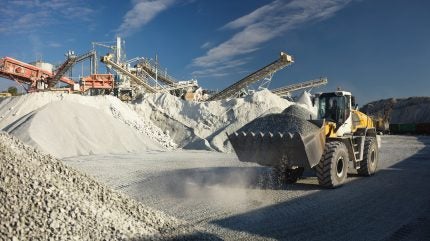
The Chilean Congress has approved legislation to accelerate the permitting process for investment projects, a move that will significantly benefit the country’s mining industry and renewable energy sector.
The new law, which awaits the president’s signature, is expected to reduce permitting times between 30% and 70%, according to a Reuters report.

Discover B2B Marketing That Performs
Combine business intelligence and editorial excellence to reach engaged professionals across 36 leading media platforms.
The legislation, which garnered 93 votes in favour, 27 against and 17 abstentions, has been a central demand from the mining sector, which is crucial to Chile’s status as the world’s largest copper producer and a leading lithium producer.
Chile economy minister Nicolas Grau stated: “This will allow us to substantially reduce permitting times, reducing processing times between 30% and 70%, and we’ll do it without reducing regulatory standards.”
Chile is also making progress in reforming its environmental assessment system, a key requirement for investment projects. However, the initiative has encountered several hurdles and delays.
The Mining Ministry has reported advancements in the procedure for granting lithium contracts on three salt flats, with various entities submitting applications for exploration and potential development rights.

US Tariffs are shifting - will you react or anticipate?
Don’t let policy changes catch you off guard. Stay proactive with real-time data and expert analysis.
By GlobalDataEramet has expressed interest in the Agua Amarga salt flat, while in the Ascotan salt flat, applications have come from Eramet, Quiborax and Codelco, Chile’s state-owned copper company.
Rio Tinto has entered binding agreements with Codelco to form a joint venture for the Salar de Maricunga lithium project.
With an investment of up to $900m, Rio Tinto is set to acquire a 49.99% stake in Salar de Maricunga, the entity holding Codelco’s licences and concessions for the project, which is situated in the lithium-rich Atacama region.



